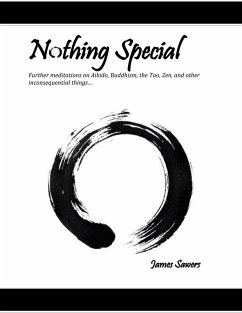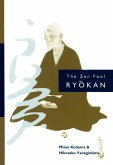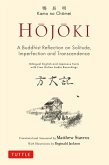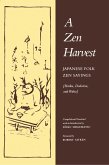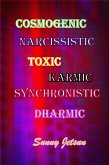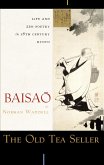The Chan/Zen tradition uses a variety of metaphoric imagery. In time, because of their training, interests, and worldview, Chan/Zen poets created a type of "code" for writing and reading their poetry. Images such as the moon, clouds, herons, monkeys, etc. can take on complex connotations derived from Chan/Zen ideas, historical Chan and Buddhist texts, and famous conversations. Accordingly, a Chan/Zen poetic line can carry multiple meanings simultaneously. The moon, for example, is associated with enlightenment, or the attempt to achieve enlightenment, and the difficult struggle this can entail.
While it is always recommended that one go to the source material, I hope that this selection of poems offers some clarity, transparency and insight into materials and subject matter that I have frequently found not to have these attributes.
As in the previous work, Nothing Works, the poems in this book are heavily influenced by the styles of classical Chinese and Japanese poetry. In the landscape tradition of Chinese poetry, Mountains-and-Rivers emphasizes the wilder aspects of landscape, with Fields-and-Gardens representing the more domestic aspects of landscape. I have added a third category I call Concrete-and-Steel, based on a more modern, urban perspective, but still inspired by and honoring the prior Chinese poetic traditions, as best I can.
Dieser Download kann aus rechtlichen Gründen nur mit Rechnungsadresse in A, B, CY, CZ, D, DK, EW, E, FIN, F, GR, H, IRL, I, LT, L, LR, M, NL, PL, P, R, S, SLO, SK ausgeliefert werden.

